Recovery from serious mental illness (SMI) is a deeply personal and transformative journey that goes far beyond simply managing symptoms. It involves reclaiming one’s life, finding purpose, and working towards personal goals. This article explores the fundamental aspects of SMI recovery, offering insights and strategies for those navigating this challenging but rewarding path.
Understanding SMI Recovery
What is Serious Mental Illness?
Serious mental illnesses typically include conditions such as:
- Schizophrenia
- Bipolar disorder
- Major depressive disorder
- Severe anxiety disorders
- Post-traumatic stress disorder (PTSD)
These conditions can significantly impact a person’s ability to carry out major life activities and often require long-term management and support.
The Concept of Recovery
Recovery in SMI doesn’t necessarily mean a complete absence of symptoms or a “cure.” Instead, it refers to:
- Living a fulfilling life despite the challenges of mental illness
- Regaining a sense of control and autonomy
- Achieving personal goals and aspirations
- Developing meaningful relationships and roles in society
Key Components of SMI Recovery
1. Medication Management
- Working with healthcare providers to find the right medication(s)
- Understanding potential side effects and benefits
- Maintaining consistency in medication routines
- Regular check-ins and adjustments as needed
2. Therapeutic Interventions
- Individual psychotherapy (e.g., Cognitive Behavioral Therapy, Dialectical Behavior Therapy)
- Group therapy sessions
- Family therapy to improve support systems
- Specialized therapies for specific conditions (e.g., exposure therapy for anxiety disorders)
3. Peer Support
- Connecting with others who have similar experiences
- Participation in support groups
- Peer-led recovery programs
- Sharing and learning from others’ recovery journeys
4. Lifestyle Changes
- Establishing healthy sleep patterns
- Regular physical exercise
- Nutritious diet
- Stress management techniques (e.g., mindfulness, meditation)
- Avoiding substance abuse
5. Building a Support Network
- Strengthening relationships with family and friends
- Engaging with mental health professionals
- Connecting with community resources
- Developing a crisis plan with trusted individuals
6. Setting Realistic Goals
- Breaking larger goals into manageable steps
- Celebrating small victories
- Adjusting goals as needed based on current capabilities
- Focusing on personal growth and self-improvement
7. Developing Coping Strategies
- Identifying triggers and early warning signs
- Creating a toolbox of coping mechanisms
- Learning stress reduction techniques
- Practicing self-care routines
The Non-Linear Nature of Recovery
It’s crucial to understand that recovery is not a straight line. It often involves:
- Setbacks and challenges
- Periods of rapid progress followed by plateaus
- The need for ongoing adjustments to treatment plans
- Learning from relapses and using them as opportunities for growth
Embracing Hope and Resilience
A fundamental aspect of SMI recovery is maintaining hope and building resilience:
- Believing in the possibility of a better future
- Learning from past experiences to build strength
- Developing a positive self-image and self-efficacy
- Finding meaning and purpose in one’s journey
The Role of Self-Advocacy
Empowering individuals to take an active role in their recovery:
- Learning about one’s condition and treatment options
- Communicating effectively with healthcare providers
- Making informed decisions about care and lifestyle choices
- Advocating for necessary resources and support
Conclusion
Recovery from serious mental illness is a deeply personal and ongoing process. While it presents significant challenges, it also offers opportunities for profound personal growth and transformation. By focusing on medication management, therapeutic interventions, peer support, lifestyle changes, and building a strong support network, individuals with SMI can work towards living fulfilling lives aligned with their personal goals and values.
Remember, every person’s recovery journey is unique. What works for one individual may not work for another, and it’s essential to be patient and compassionate with oneself throughout the process. With the right support, strategies, and perseverance, recovery is not just possible – it’s an achievable reality for many living with serious mental illness.



